From Pakistan to Tripura, 'superfog' is the reason you can't see a thing

The past few days have heralded the onset of the “superfog” in parts of
North and Central India. According to newspaper reports, the 2000 km
long blanket of fog has shrouded four countries - India, Pakistan, Nepal
and Bangladesh.
The dense fog or superfog as its popularly being called, originated in
Central India during Christmas last month and spread to areas around the
Indo-Gangetic belt, including parts of Pakistan and Bangladesh.
The sueperfog has considerably reduced visibility in and around North
India. Aviation, rail and road transport are the worst hit.
Additionally, the blanket of fog has caused a sharp drop in day time
temperatures across the affected regions.
According to the Indian Meteorological Department (IMD), at least 15
airports in the country reported moderate to severe fog between 6.30am
and 9.30am on Wednesday, 4 January,
These include Agartala, Patna, Gaya, Guwahati, Gorakhpur, Allahabad,
Agra, Lucknow, Varanasi, Rae Bareli, Chandigarh, Jammu, Ludhiana and
Pantnagar. The worst hit was Amritsar, which had visibility below 100m
for 18 hours, from 6.30pm on Tuesday until 12.30pm on Wednesday.
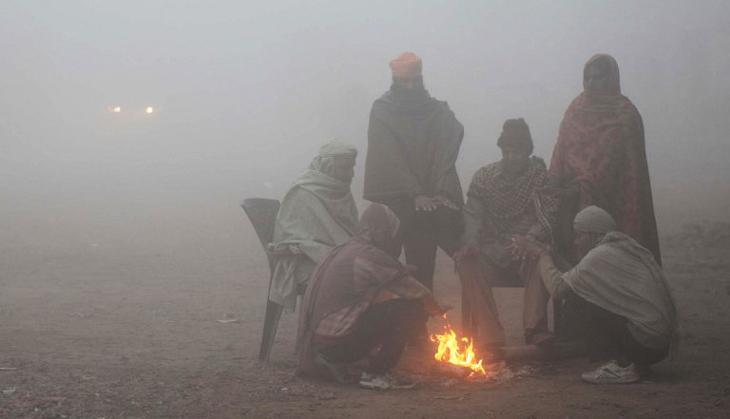
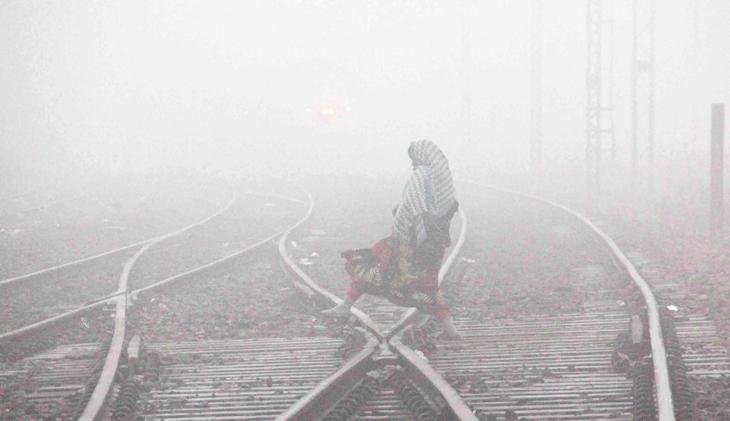
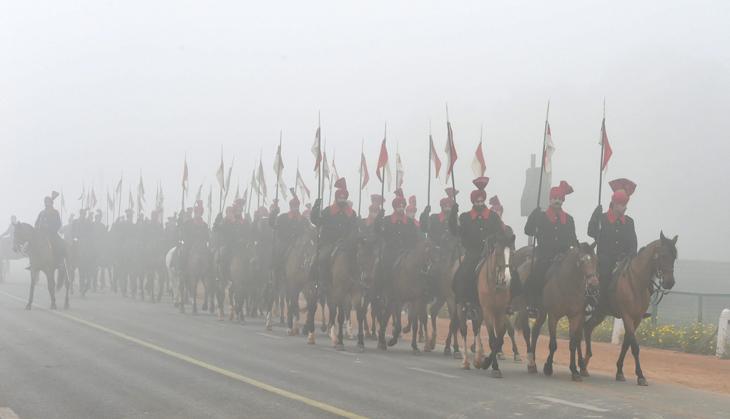
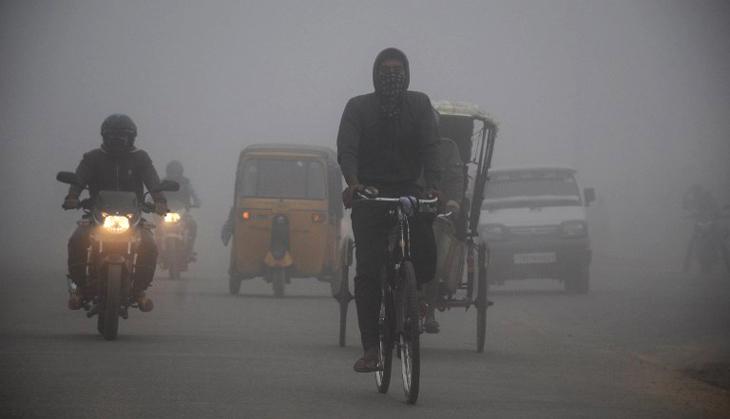
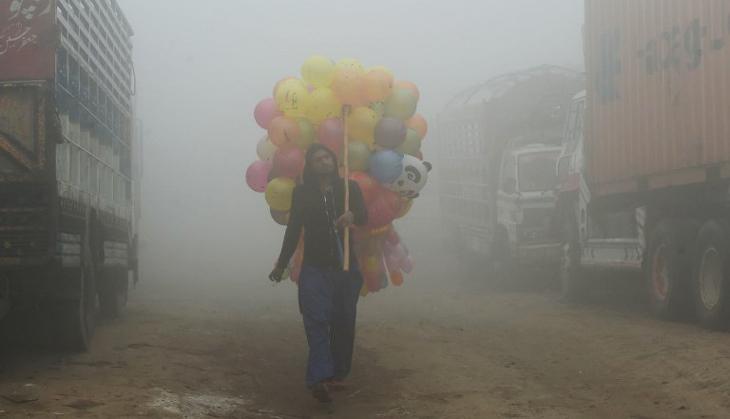
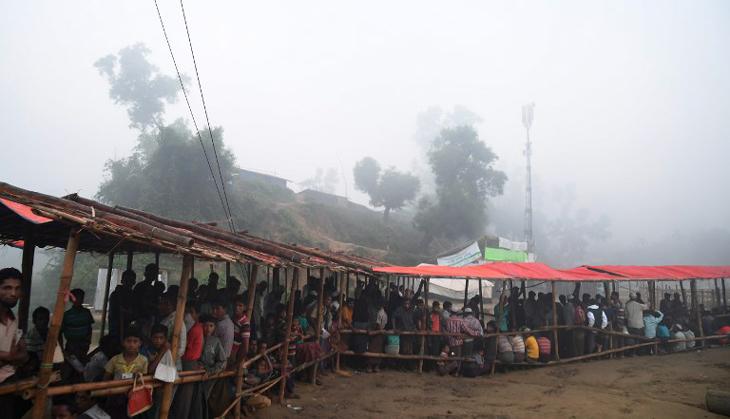






![BJP's Kapil Mishra recreates Shankar Mahadevan’s ‘Breathless’ song to highlight Delhi pollution [WATCH] BJP's Kapil Mishra recreates Shankar Mahadevan’s ‘Breathless’ song to highlight Delhi pollution [WATCH]](https://images.catchnews.com/upload/2022/11/03/kapil-mishra_240884_300x172.png)

![Anupam Kher shares pictures of his toned body on 67th birthday [MUST SEE] Anupam Kher shares pictures of his toned body on 67th birthday [MUST SEE]](https://images.catchnews.com/upload/2022/03/07/Anupam_kher_231145_300x172.jpg)






